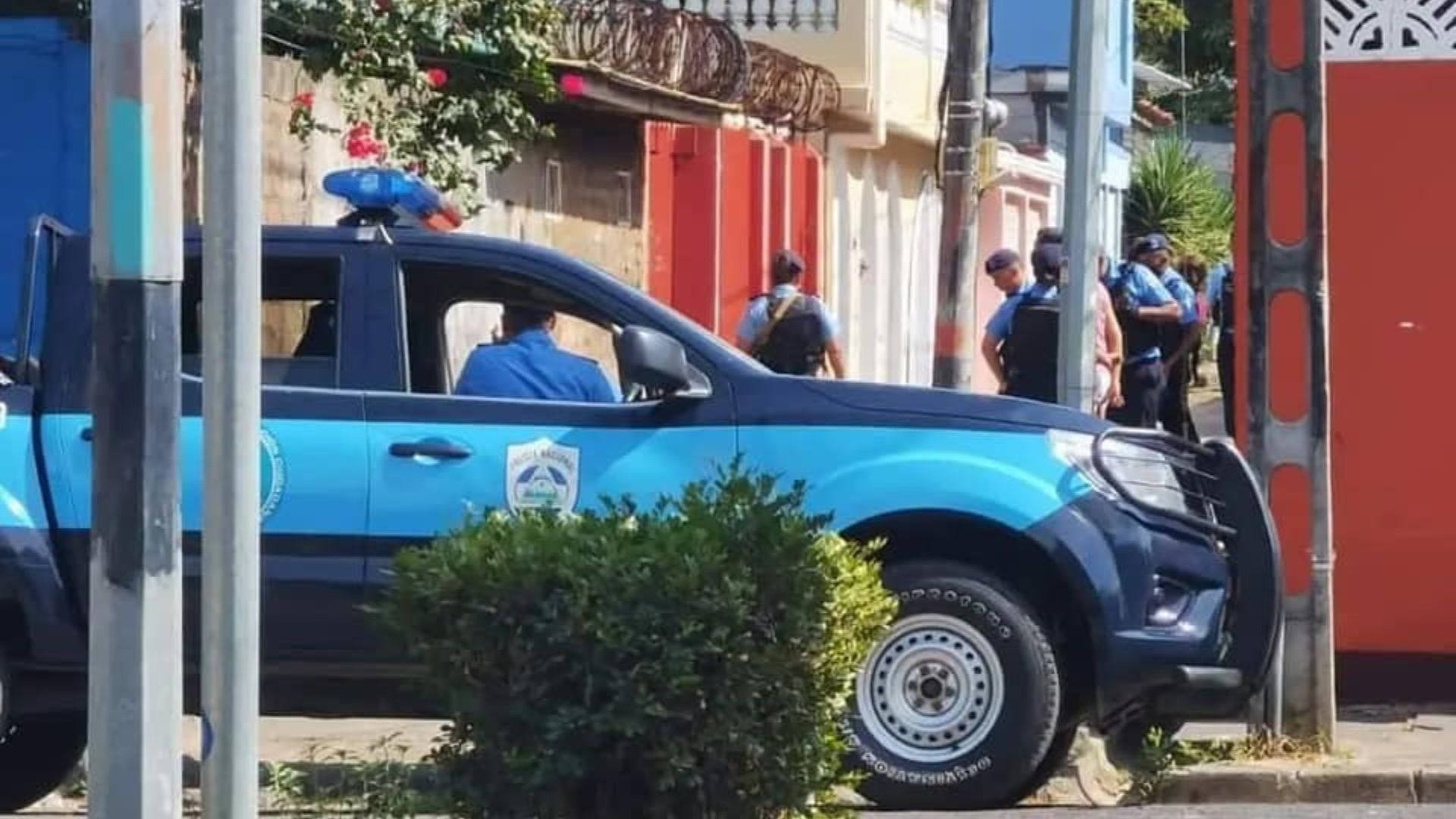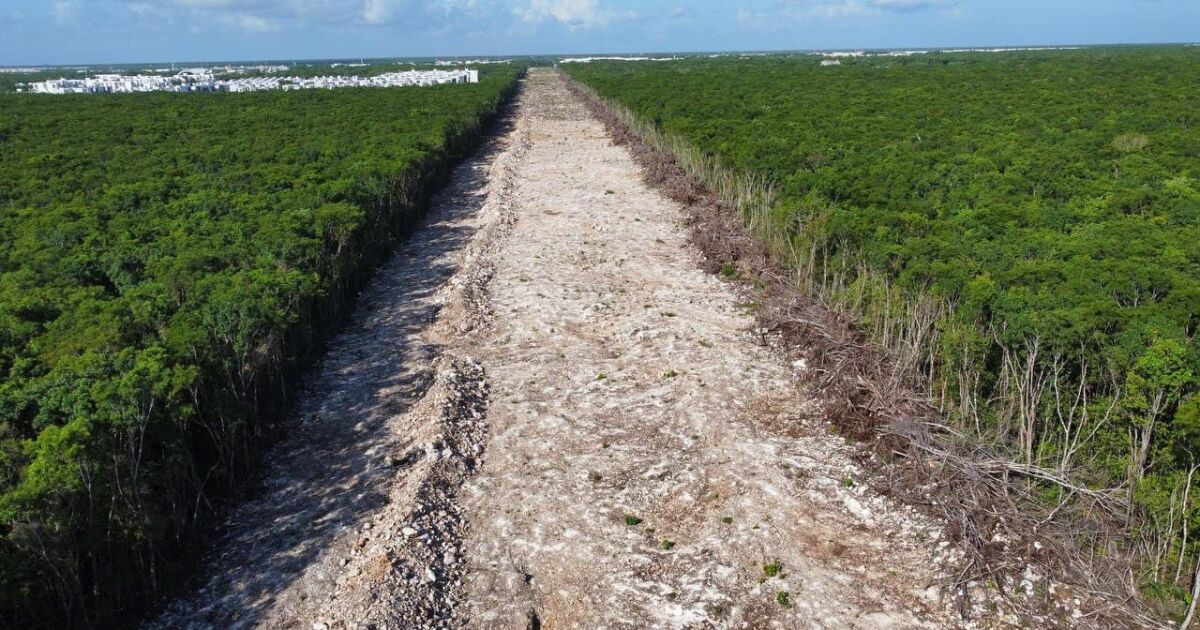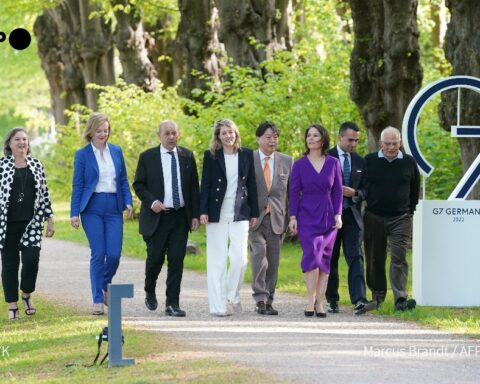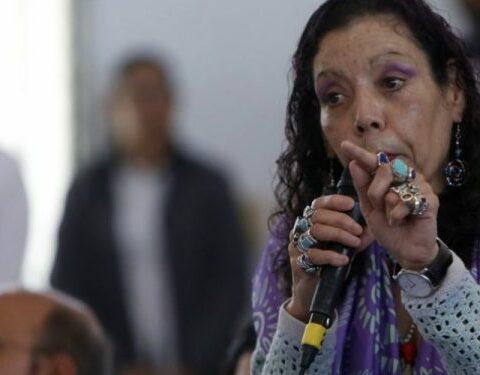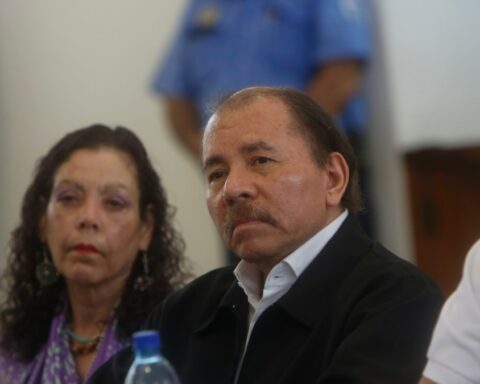The recent report of the Political Violence Observatory of Open Ballot Boxes indicates that between January 1st and June 30th of this year, 385 acts of political violence in Nicaragua, executed by the regime of Daniel Ortega and Rosario Murillo.
The events —according to the Observatory— were registered in all the departments and autonomous regions of the country and in 52 of the 153 municipalities, which is equivalent to 33.98 percent. “Only three of these events took place outside the national territory but under the repressive structure coordinated by the Government,” they point out.
Related news: Open Ballot Boxes advances that Ortega intends to “exercise totalitarian control” after the municipal elections
They highlight that in the departments of Managua, Granada, Masaya, Matagalpa, Nueva Segovia, Madriz and Jinotega, 80% of the acts of political violence are concentrated.
They also indicate that 80% of the acts of political violence are concentrated in 15 municipalities: Managua, Masaya, Tipitapa, Matagalpa, Granada, Diría, Jinotega, Jinotepe, Bluefields, Somoto, Ticuantepe, Nandaime, Rivas, Camoapa and Chinandega.
In Masaya, 28 acts of political violence were recorded, most of the cases were committed against the Catholic Church, which includes the siege of the San Juan Bautista church and the priest Harving Padilla, the Santa María Magdalena church, Nuestra Señora de la Assumption and the San Miguel Parish.
There were also raids, judicial persecution and the arbitrary arrest of the activist Yubrank Suazo belonging to the Civic Alliance for Democracy and Justice.
Related news: Open Ballot Boxes denounces “critical situation” of human rights violations on the Caribbean Coast of Nicaragua
It should be noted that throughout the national territory —according to Urnas Abiertas—, five out of every 10 events respond to siege and harassment (199) «the other events are categorized as judicial persecution (42), administrative measures (40), aggression (37) , torture and ill-treatment (31), detention (24), death (2) and others (10)».
April, the month of more aggression
The observatory indicates that April was the month in which the most political aggression occurred in the country, thus registering 42.60 percent of the reported events. According to the group, this responds “to a pattern of the last four years in which there is an increase in political violence on commemorative or festive dates.”
“This year, for the fourth anniversary of the start of the social protests in 2018. In addition, during the months of May (60) and June (69) an increase in political violence is observed compared to the first quarter of the year,” they emphasize. .
Main victims of Ortega’s repression
Regarding the victims of aggression, the report reflects that 28.5% of the events involved women (cis and transgender), while in 50.1% of the events there were men who were victims of political violence.
“The other 21.3% were institutional victims (organizations, parties, companies) or the gender of the victim was not determined in the report, this happens when violence is exerted massively against a group of people,” they explain.
They indicate that three out of every 10 registered acts of political violence, the main victim was the citizenry in general, “that is, people who are not involved in political or social organizations, nor are they journalists, defenders, state workers or direct victims of serious human rights violations committed previously.
Related news: Open Ballot Boxes denounces that CSE continues “compromising electoral integrity”
They refer that 22.10% of the events involved victims belonging to organizations and political parties, such as Unab, Alianza Cívica, Unamos, PLC, CxL, among others. In 13.80% of the events, other categories were reported that were not pre-registered, as was the case of people from the cultural sector and the Catholic Church.
The Observatory warns that four months after the start of the elections, only 1 of the acts of political violence responds to victims involved in the electoral process, which indicates that the regime has opted for a generalized repressive strategy against citizens in general and others. opposition actors.

